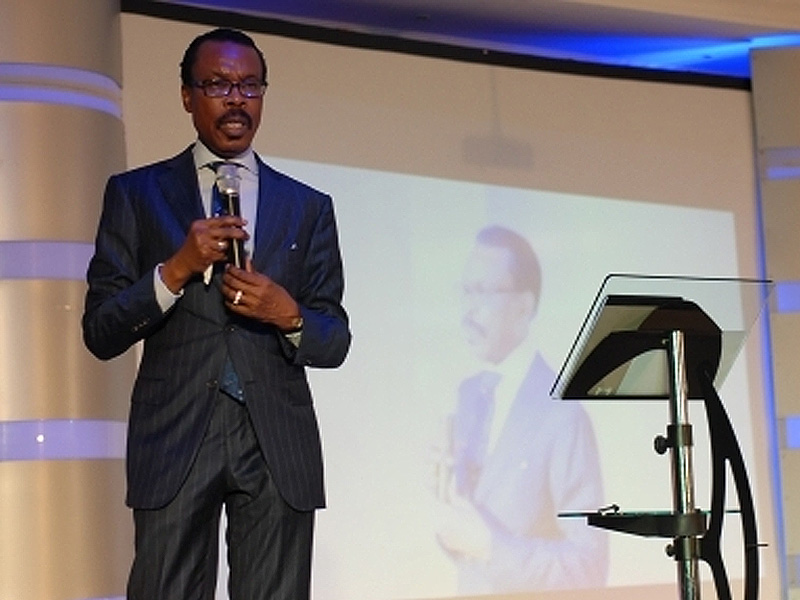The Managing Director, Financial Derivatives Company, Mr. Bismarck Rewane, on Thursday said the monetary policy strategy needed to reinforce and complement fiscal policy at a time when oil price has dropped to $30 per barrel.
The renowned economist, who spoke at a roundtable discussion organised by Business Eye in Lagos, stated that the currency misalignment would remain for some time to come, stressing that there was need for the right exchange rate policy.
While speaking on fiscal strategy, he said, “When you are in this kind of situation, you must spend your way out of it. The fiscal strategy is intact; what is missing is the monetary policy strategy to reinforce the fiscal strategy.
“Your exchange rate policy when your price of oil was $114 cannot be the same exchange rate policy when the price falls to $30. We had money, we squandered it; we had opportunity, we gave it up.
On how to use monetary policy to complement and reinforce fiscal policy, Rewane said, “We think that you come up with parameters that you will use to measure economic performance and that will decide the exchange rate policy.
“If these things are moving upwards, the exchange rate will appreciate. If they are going downwards, it will adjust downwards.”
He said those things include the price of oil, the level of production, the level of external reserves, inflation rate, and the purchasing managers’ index.
“You cannot deal with an exchange rate that is inefficient,” the FDC MD said.
On what $30 per barrel oil price meant to Nigeria, Rewane said, “In 2014, the price of oil was $116 per barrel and the cost of production was $25 per barrel. The yield on every barrel was $91. Cost of production per barrel is still $25, the price is $30. So the yield has gone from $91 to $5 per barrel. That is the magnitude of the problem.
“In times like this, you have to ask yourself, have we been here before? Yes we have been here before. In 2008, we had the same issue. But then we were fatter, wiser and the problem in 2008 was shorter.
“In 2008, we suffered for nine months only and oil price bounced back. But average price of oil in 2009 was $61.9 per barrel; 2016, the average price is projected at $45. External reserves in 2009 were $53bn; gross external reserves today are $28bn. The exchange rate in 2009 was 150 BDC, official 154. Today, BDC is 300, official is 199. Excess crude account was $22bn in 2009; it is $2bn today. Total external debt in 2009 was $10.4bn; total external debt today is $17.1bn.”

 Forex3 weeks ago
Forex3 weeks ago
 Naira3 weeks ago
Naira3 weeks ago
 Billionaire Watch2 weeks ago
Billionaire Watch2 weeks ago


 Naira3 weeks ago
Naira3 weeks ago




 Naira2 weeks ago
Naira2 weeks ago




 Naira1 week ago
Naira1 week ago




 Naira4 weeks ago
Naira4 weeks ago
 Banking Sector4 weeks ago
Banking Sector4 weeks ago
























